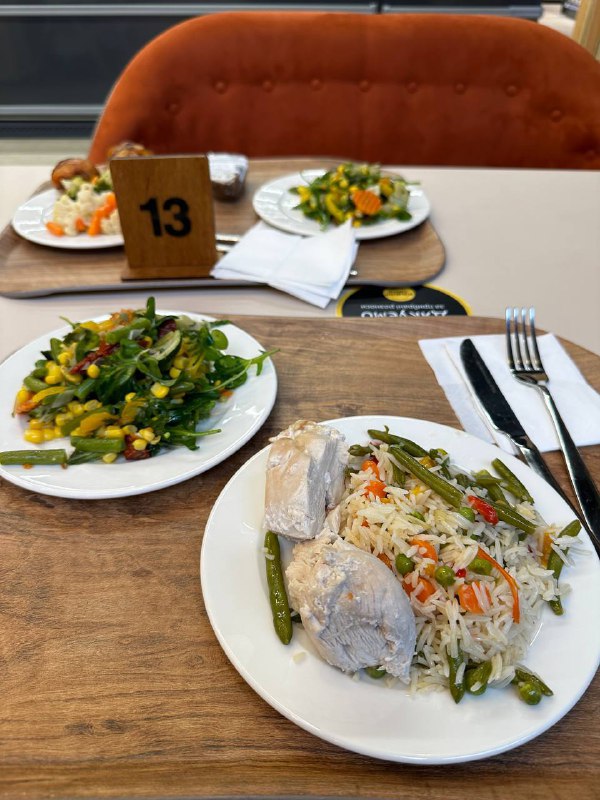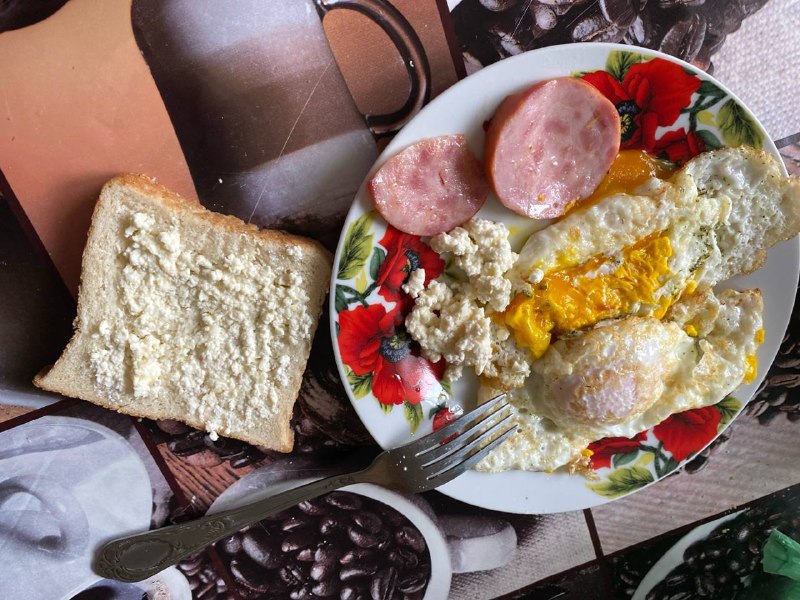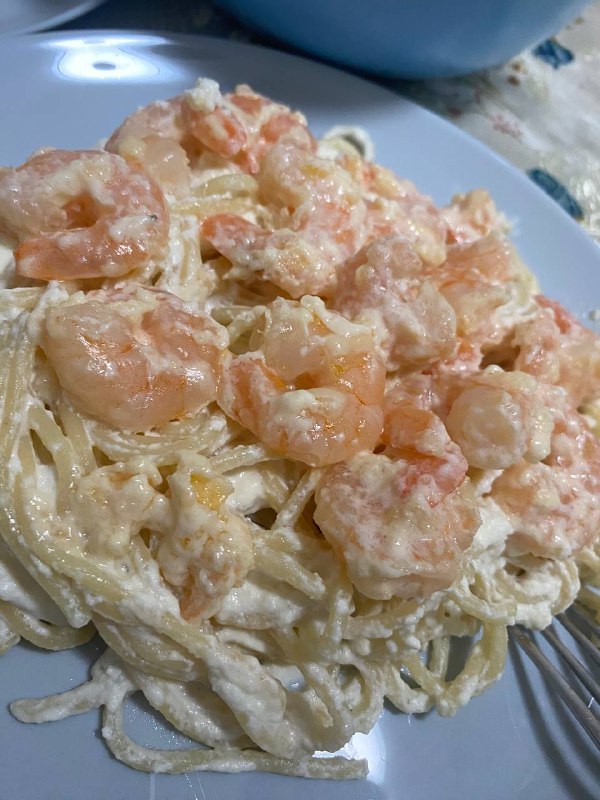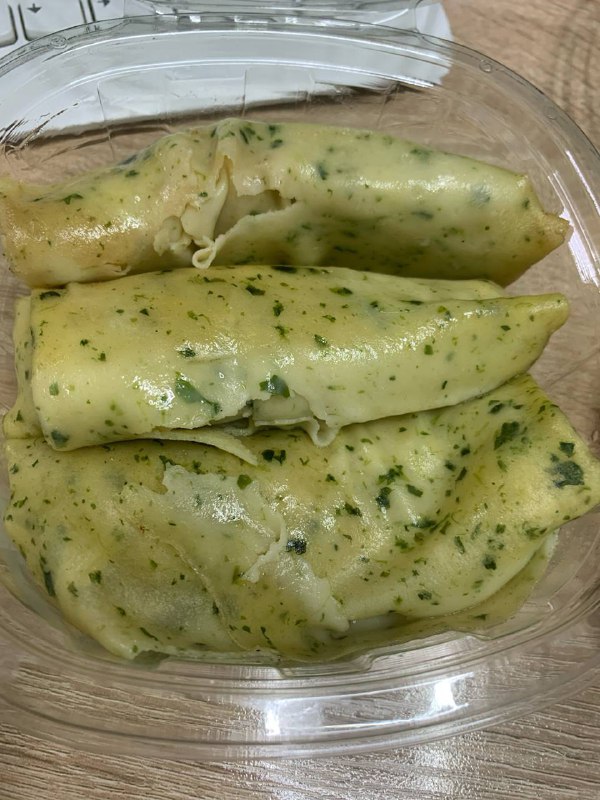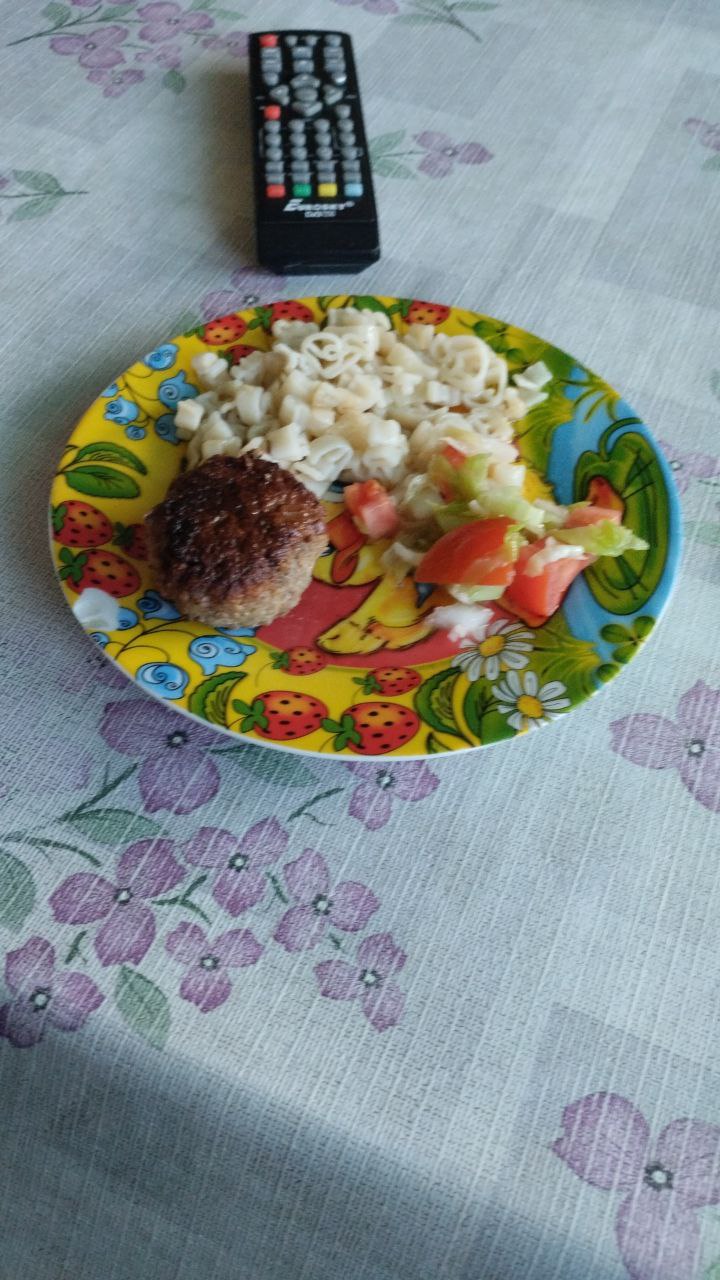plate.bot
track your foodSushi Rolls Recipe
Sushi rolls, also known as maki sushi, are a popular Japanese dish consisting of vinegared rice, raw or cooked seafood, vegetables, and often tropical fruits, all rolled up in a sheet of nori (seaweed). They are a versatile meal option and can be customized with various fillings and toppings to suit different tastes and dietary preferences.
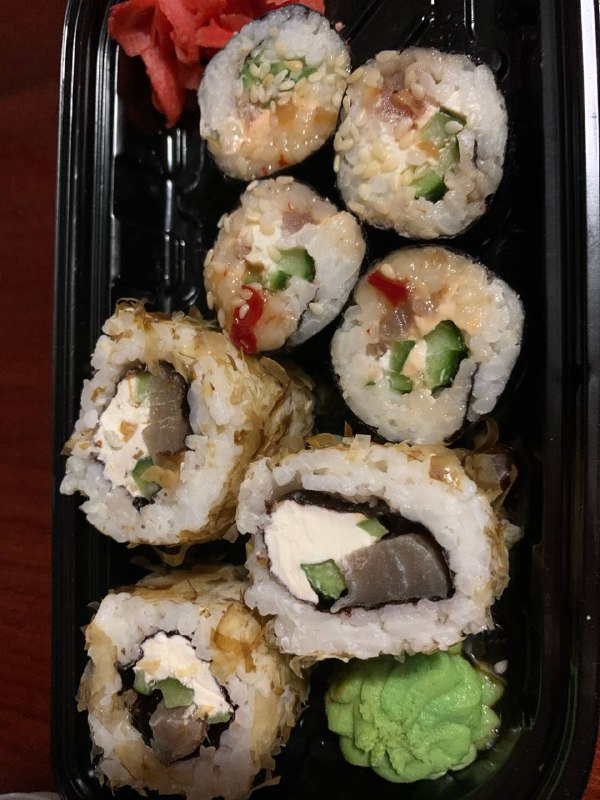
🌎 Japanese: Main Course
- 🔥 Calories 200kcal
- 🍗 Protein 8g
- 🍚 Carbs 28g
- 🧈 Fat 7g
🥗 Ingredients:
- sushi rice (100g)
- seaweed (5g)
- fish (30g)
- cucumber (15g)
- avocado (20g)
- cream cheese (10g)
- soy sauce (5g)
🍳 How to cook (4 servings):
Step 1: Prepare Sushi Rice
Rinse 2 cups of sushi rice under cold water until the water runs clear. Cook according to the package instructions or using a rice cooker. Once cooked, let it cool slightly and mix with 1/3 cup of rice vinegar, 2 tablespoons of sugar, and 1 teaspoon of salt. Allow the rice to cool to room temperature.
Step 2: Prepare Fillings
Slice fresh ingredients such as cucumber, avocado, and carrots into thin strips. Prepare fresh fish like tuna or salmon by slicing into thin strips, or use cooked shrimp or crab sticks as alternatives. You can also use tofu for a vegetarian option.
Step 3: Rolling the Sushi
Lay a bamboo sushi mat on a flat surface and place a sheet of nori on top, shiny side down. Spread a thin layer of sushi rice over the nori, leaving about 1 inch of space at the top edge. Arrange your choice of fillings across the center of the rice.
Step 4: Roll and Seal
Lift the edge of the bamboo mat closest to you and roll it away from you, pressing gently to shape the roll. Use a little water to moisten the top edge of the nori to seal the roll.
Step 5: Cut the Sushi
Use a sharp knife to cut the roll into 6 to 8 pieces. Dip the knife in water between cuts to prevent sticking.
Step 6: Serve
Arrange the sushi rolls on a plate and serve with soy sauce, pickled ginger, and wasabi.
⭐️ Nutrition facts:
Sushi rolls are generally a good source of protein, particularly if they include fish. They are low in fat and calories but can be high in sodium depending on the ingredients used, such as soy sauce. Adding vegetables boosts fiber and vitamin content, while opting for brown rice can add additional nutrients.
You may also love
Explore More Recipes
By using this site, you agree to read and accept our terms of use, refund policy and privacy policy.
© Copyright 2025. All rights reserved.
